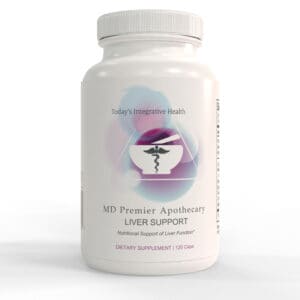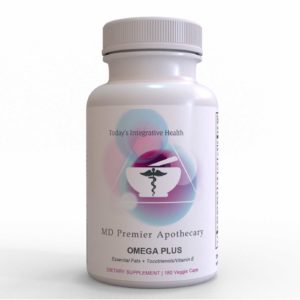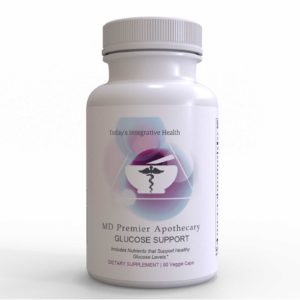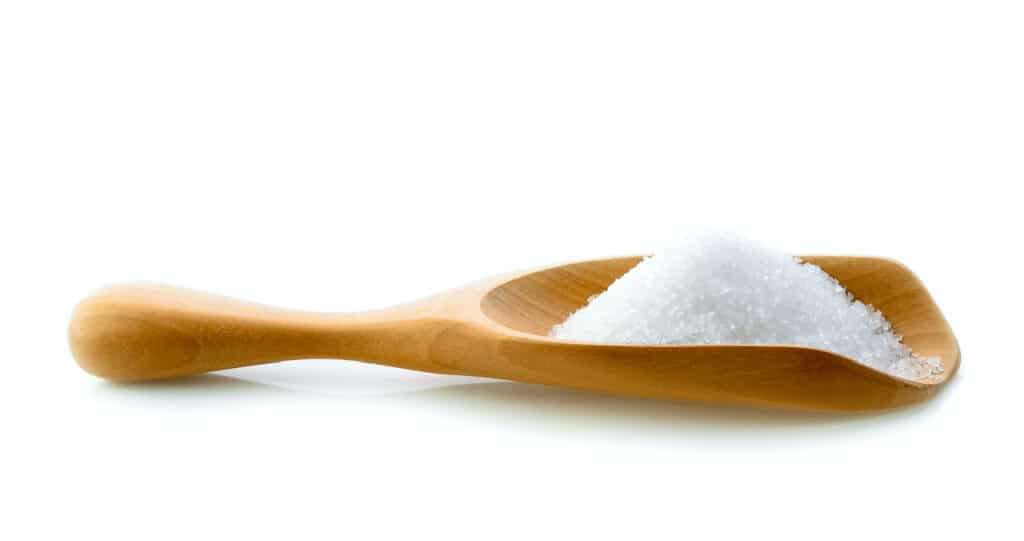Sugar alternatives have increased in popularity over the last few years, and you may have heard all about the benefits with none of the drawbacks. While there are benefits to sugar alternatives, there are also negatives to keep in mind. Not all sugar is created equal, and the same approach is not one-size-fits-all.
Knowing this information, you may wonder if sugar alternatives are a better option. Here are some facts about sugar and substitutes that can help you make an informed decision about what is best for your body and goals.
What is Sugar?
Sugar is a type of carbohydrate, and while carbohydrates are essential macronutrients, sugar is not. The most commonly used sweetener for baked goods, desserts, and some drinks is sugar. Some sugars occur naturally in vegetables, grains, fruits, and dairy products. Forms of natural sugars include:
- Sucrose
- Fructose
- Glucose
- Maltose
- Lactose
Sugar gets a bad reputation, and while consuming it in excess isn’t a great idea, sugar is a necessity for our bodies. Our bodies are fueled by sugar, and the body processes carbohydrates from food and turns it into glucose.
Cells pull glucose out of the bloodstream for energy and fuel. Removing natural sources of carbohydrates and sugar from your diet is not a healthy choice.
Sugar Sources Are Important
There’s a significant difference between sugar that occurs naturally in foods and sugar that’s added to foods. Processed foods, condiments and drinks contain added sugars, and when these are consumed in large amounts, the body is flooded with sugar that has no nutritional value.
Too much-added sugar can lead to diseases including insulin resistance, high blood sugar, increased triglycerides, and type 2 diabetes. Sweeteners that contain nutritional benefits include maple syrup, honey, molasses, and fruit juice.
What Are Sugar Alternatives?
Sugar alternatives have a sweet taste but do not actually contain sugar. Some have zero calories, while others have fewer calories than sugar. If you have noticed foods labeled as “diet,” “low carb,” “keto,” or “sugar-free,” those often contain sugar alternatives which are divided into three categories: novel sweeteners, artificial sweeteners, and sugar alcohols.
Novel Sweeteners
Derived from natural sources, novel sweeteners are a relatively new group that are not a significant source of sugar or calories, so they do not contribute to blood sugar spikes or weight gain issues.
They are generally less processed and are sometimes referred to as “plant-derived non-caloric sweeteners.” Some examples of novel sweeteners include:
- Monk fruit
- Allulose
- Stevia
- Tagatose
Artificial Sweeteners
Most artificial sweeteners are 200 to 700 times the sweetness of table sugar and, unlike the novel sweeteners, are made from chemicals in a lab. These sweeteners do not add sugar or calories in a diet, but they also do not have any beneficial nutrients such as antioxidants, fiber, vitamins, or minerals. For many years, artificial sweeteners were the only option for people wanting to cut back on their sugar intake.
Some people don’t like using them because they may pose health hazards from weight gain to cancer. Some examples of artificial sweeteners include:
- Acesulfame potassium (Ace-K)
- Aspartame
- Saccharin
- Sucralose
Sugar Alcohols
Like artificial sweeteners, sugar alcohols are synthetically created in a lab. Sugar alcohols are not as sweet as artificial sweeteners and are used in many processed foods. They can add taste and texture to foods including hard candies and chewing gum.
Some people may notice gastrointestinal upset after consuming sugar alcohol. Examples of sugar alcohols include:
- Erythritol
- Isomalt
- Maltitol
- Sorbitol
- Xylitol
Use the Sweetener That Fits Your Lifestyle
While there isn’t a perfect choice regarding sweeteners, there are healthier options. If you want a more natural sugar alternative, consider using a novel sweetener made from plants. If you’re more concerned about not consuming sugar or calories, artificial sweeteners or sugar alcohols may be the best choice for you. If you’re looking to improve your health, working with Dr. Leo can help you meet your health goals. We are located at 6321 Executive Blvd, Rockville, MD 20852, in the Executive office park.
Related Products
-
 MDPA Liver Support (120 Capsules)$38.00 — available on subscription
MDPA Liver Support (120 Capsules)$38.00 — available on subscription -
 MDPA Omega Plus (180 Capsules)$50.00 — available on subscription
MDPA Omega Plus (180 Capsules)$50.00 — available on subscription -
 MDPA Glucose Support (90 Capsules)$55.00 — available on subscription
MDPA Glucose Support (90 Capsules)$55.00 — available on subscription










